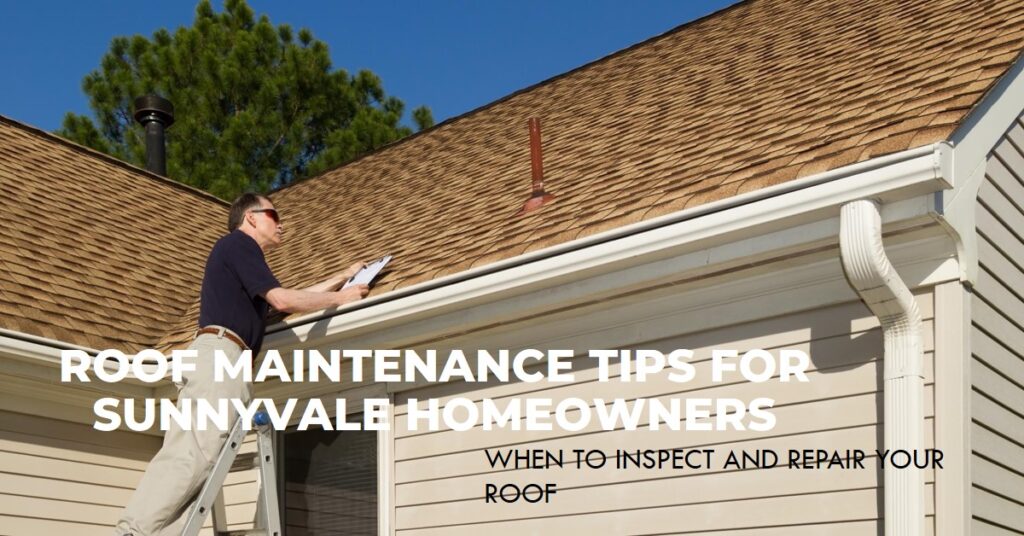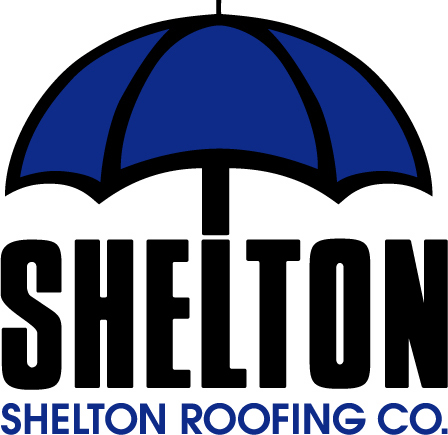In Sunnyvale, homeowners should schedule roof inspections and repairs during the spring and fall seasons.
These periods offer the most favorable weather conditions, enabling timely detection and repair of any damages incurred during winter and summer.

Spring Roof Inspection: A Post-Winter Necessity
As the city shakes off winter chills and embraces the mild and refreshing spring air, this season is optimal for homeowners to inspect their roofs.
Winter, characterized by rainfall averaging 15 inches, can take a toll on roofing materials. The spring inspection is focused on identifying any wear or damage caused by winter storms and rain.
It’s a preventative measure to ensure that the roof is in optimal condition to face the upcoming warmer months.
Sunnyvale’s Mediterranean climate, marked by its distinct seasonal changes, necessitates this regular inspection.
The moderate temperatures of spring not only make the inspection process safer for contractors and ensure any repairs are done effectively.
It’s a pivotal step to prepare the roof for the intense heat and UV exposure typical of the Sunnyvale summer.
The Role of Moderate Temperatures
Moderate temperatures mark spring’s arrival, a shift that’s a relief for residents and a boon for roofing inspections.
The milder climate facilitates a thorough and safe examination process. Contractors can delve into detailed assessments, unencumbered by the extreme cold of winter or the intense heat that summer promises.
It’s a period of precision where every nook and cranny of the roof can be assessed with accuracy, ensuring every damage is noticed and addressed.Roof Repair and Maintenance Focus
The spring season is not just about inspection but aligning the findings with timely repairs and maintenance.
It’s a phase where identified damages are addressed, worn-out shingles are replaced, leaks are sealed, and drainage systems are cleared and optimized.
Each repair during this period is a step towards enhancing the roof’s resilience, ensuring that it’s not just surviving the seasons but thriving, offering optimal protection and energy efficiency.
Fall Inspection: The Post-Summer Assessment
As the leaves begin to turn, fall unveils another excellent opportunity to assess and repair roofs.
The aftermath of summer’s intense sun and heat can sometimes leave roofing materials damaged.
A fall inspection evaluates the effects of UV exposure and heat, checking for any signs of wear or damage that might have occurred during the summer months.
This period’s mild weather is again favorable for inspection and repair tasks. It’s all about ensuring the roof is pristine and ready to face the upcoming rainy winter months.
Given the city’s generous winter rainfall, a well-maintained roof is a homeowner’s first defense against potential leaks and water damage.
Preparing for the Summer Heat
The city is no stranger to temperatures that often soar between 70 to 80°F during the summer.
A well-maintained roof plays a significant role in ensuring homes remain cool and energy-efficient.
Roofing materials such as clay tiles, slate, and metal, popular among Sunnyvale homes for their durability and energy efficiency, need a thorough check to confirm they are intact and ready to perform their cooling duty.
The spring inspection guarantees that any necessary repairs are addressed, ensuring these materials offer optimal performance.
Gearing Up for Winter
The National Roofing Contractors Association (NRCA) recommends that roofs be inspected at least twice a year.
In alignment with this, the fall inspection serves as a preparatory phase for the winter.
Homeowners get an opportunity to address any issues, reinforcing the roof’s structural integrity to withstand the wet and sometimes stormy winter conditions.
Conclusion
In the rhythmic dance of Sunnyvale’s seasons, each brings unique challenges and demands for roofs.
Spring and fall emerge as the strategic periods for inspections and repairs. This bi-annual ritual ensures the top is responsive to the changing seasons and guarantees the home’s safety, comfort, and energy efficiency.
Adherence to this schedule is about more than meeting the recommendations of the NRCA.
Still, it is a practice rooted in foresight, ensuring that each roof is always a step ahead, ready to face the distinct demands of Sunnyvale’s Mediterranean climate with resilience and reliability.
